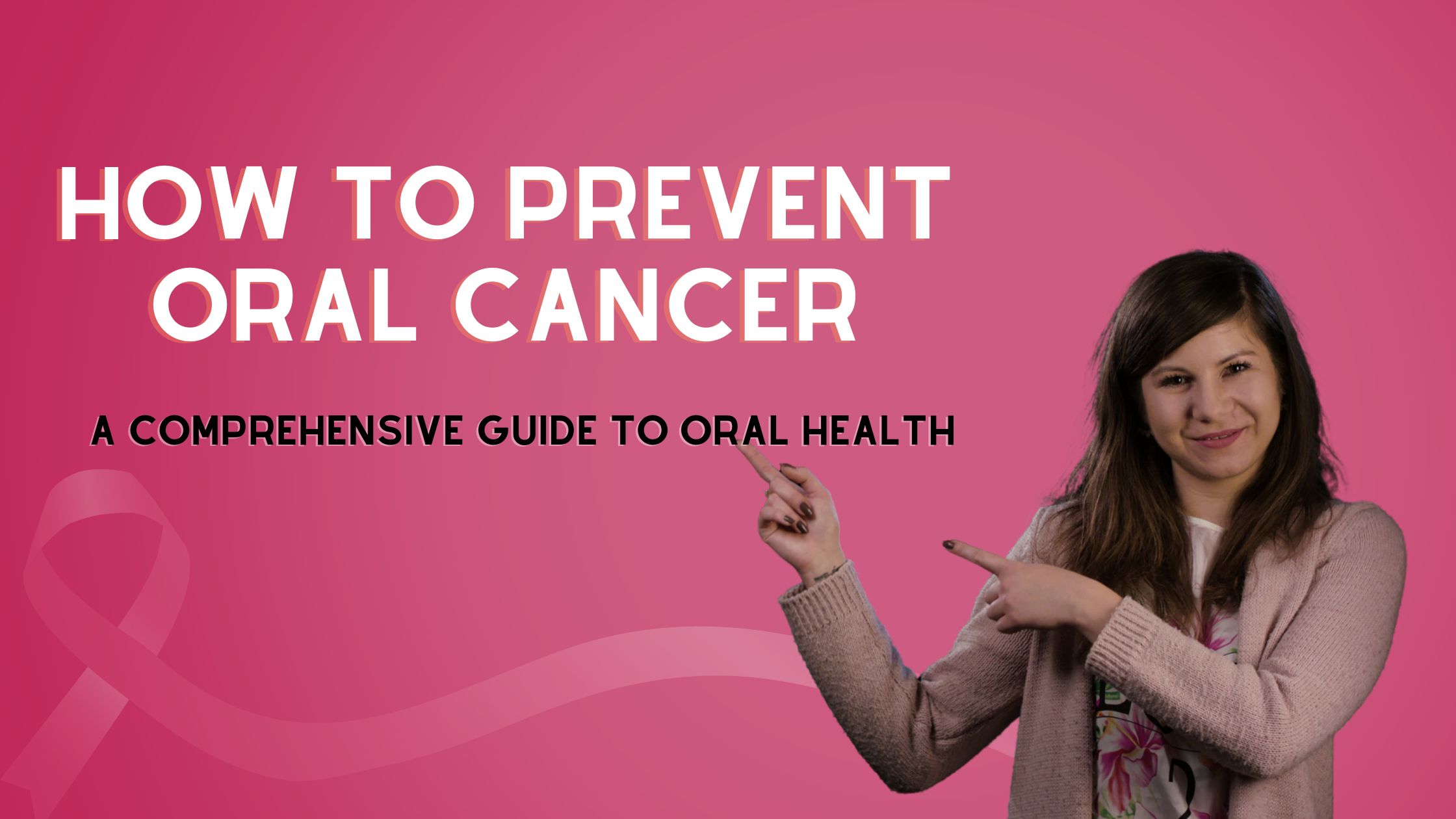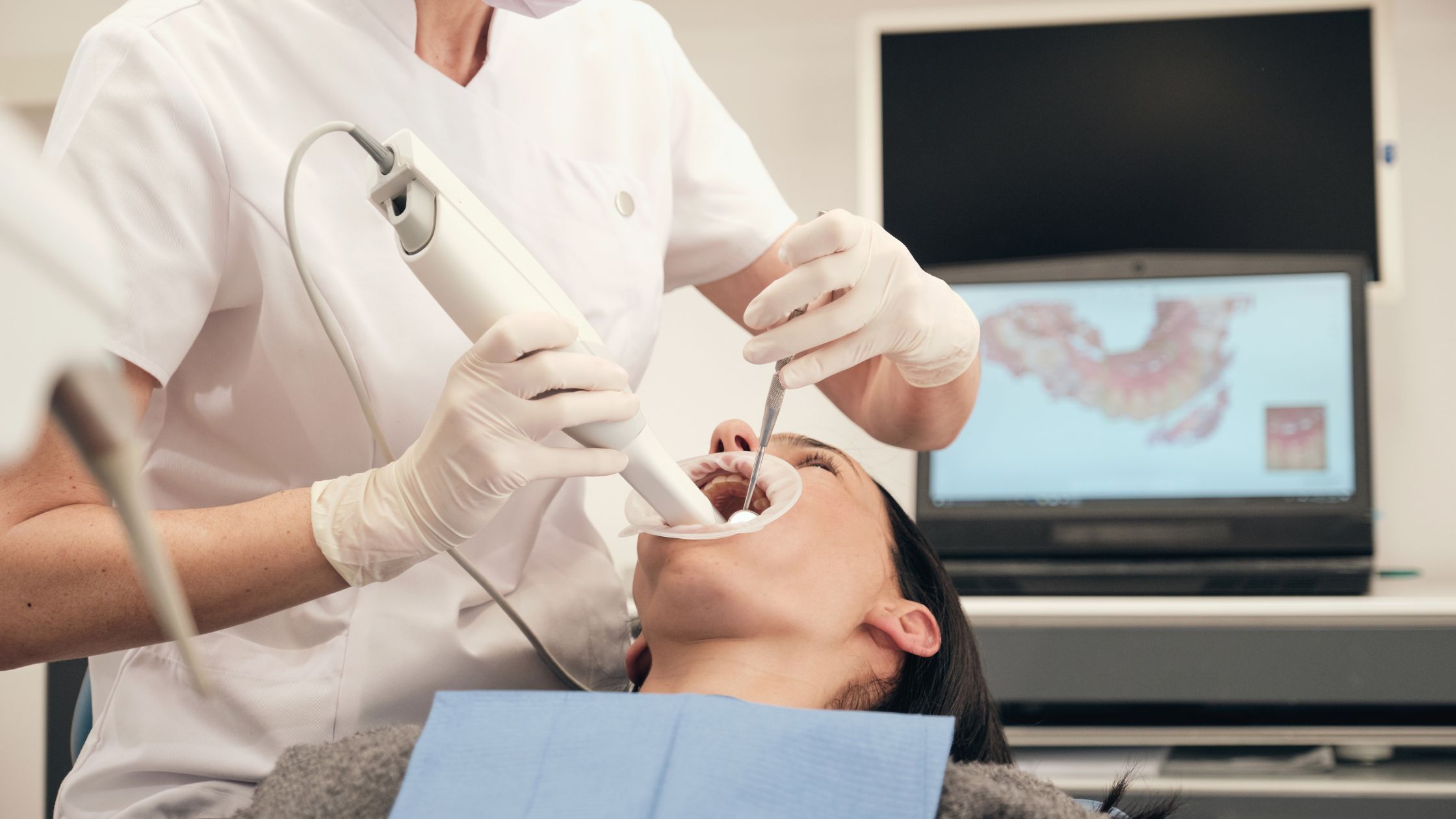Why Oral Cancer Screening Matters for Your Health Did you know that early detection of…

How to Prevent Oral Cancer: A Comprehensive Guide to Oral Health
In today’s fast-paced world, where stress, pollution, and unhealthy habits abound, taking care of our health is paramount. Oral health, in particular, is often overlooked, yet it plays a crucial role in our overall well-being. Oral cancer, though not as commonly discussed as other forms of cancer, is a serious condition that can have devastating consequences if not detected and treated early. In this comprehensive guide, we’ll delve into how to prevent oral cancer by focusing on oral hygiene tips and mouth cancer prevention strategies.
Understanding Oral Cancer
Before we delve into prevention methods, it’s important to understand what oral cancer is and how it manifests. Oral cancer refers to any cancerous tissue growth located in the mouth, including the lips, tongue, cheeks, floor of the mouth, hard and soft palate, sinuses, and throat. The most common type of oral cancer is squamous cell carcinoma, which develops in the thin, flat cells lining the inside of the mouth.
Oral Cancer Symptoms
Early detection of oral cancer greatly improves the chances of successful treatment. Therefore, it’s crucial to be aware of the symptoms that may indicate the presence of oral cancer. Some common signs and symptoms include:
- Persistent mouth sores that do not heal
- Red or white patches in the mouth
- Unexplained bleeding in the mouth
- Difficulty swallowing or chewing
- Chronic sore throat or hoarseness
- A lump or thickening in the cheek
- Numbness or pain in the mouth or lips
Oral Hygiene Tips for Prevention
Maintaining good oral hygiene is one of the most effective ways to prevent oral cancer and maintain overall oral health. Here are some oral hygiene tips to incorporate into your daily routine:
Brush and Floss Regularly
- Brush your teeth at least twice a day using fluoride toothpaste.
- Floss daily to remove plaque and food particles from between your teeth and along the gumline.
Avoid Tobacco and Alcohol
- Quit smoking or using tobacco products, as they significantly increase the risk of oral cancer.
- Limit alcohol consumption, as heavy drinking can also raise the risk of developing oral cancer.
Eat a Healthy Diet
- Include plenty of fruits and vegetables in your diet, as they contain antioxidants that help protect against cancer.
- Limit your intake of sugary and acidic foods, as they can contribute to tooth decay and gum disease.
Mouth Cancer Prevention Strategies
In addition to maintaining good oral hygiene, there are several lifestyle changes and mouth cancer prevention strategies that can help reduce the risk of developing oral cancer:
Protect Your Lips from Sun Exposure
- Wear lip balm with SPF when outdoors to protect your lips from harmful UV rays.
- Avoid excessive sun exposure during peak hours, and wear a wide-brimmed hat for added protection.
Practice Safe Oral Sex
- Use protection during oral sex to reduce the risk of contracting sexually transmitted infections (STIs) that can increase the risk of oral cancer.
Know Your Risk Factors
- Be aware of your risk factors for oral cancer, including age, gender, family history, and exposure to certain carcinogens.
- Take proactive measures to reduce your risk, such as quitting smoking and maintaining a healthy lifestyle.
Visit Your Dentist Regularly
- Schedule regular dental check-ups and cleanings to detect any oral health issues early on.
- Discuss any concerns or changes in your oral health with your dentist, including suspicious symptoms.
Conclusion
Preventing oral cancer requires a proactive approach to oral health and lifestyle choices. By adopting good oral hygiene habits, making healthy dietary choices, and minimizing risk factors such as tobacco and alcohol use, you can significantly reduce your risk of developing oral cancer. Remember to stay vigilant for any symptoms and seek prompt medical attention if you notice any changes in your oral health. Together, we can work towards a future where oral cancer is a rare occurrence.
Take control of your oral health today!
If you have any concerns or doubts about oral cancer or want to schedule a check-up or screening, schedule an appointment with our Steele Creek dentist office today!
Our dedicated team is here to support you every step of the way towards a healthier smile.

